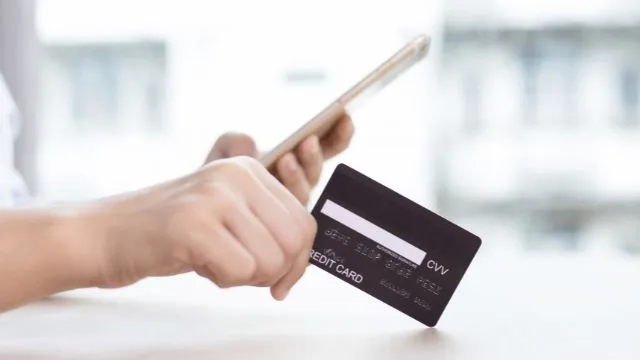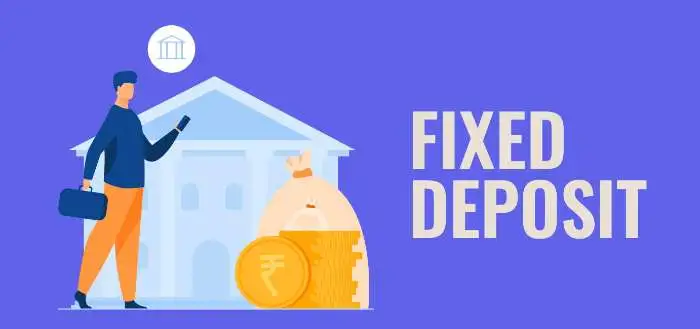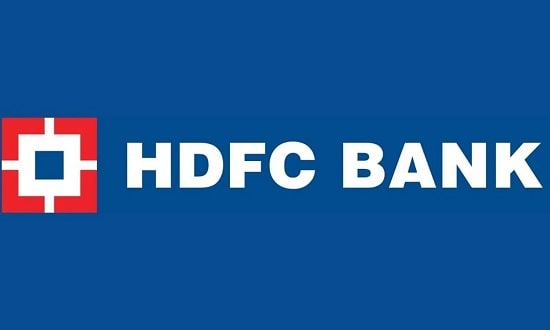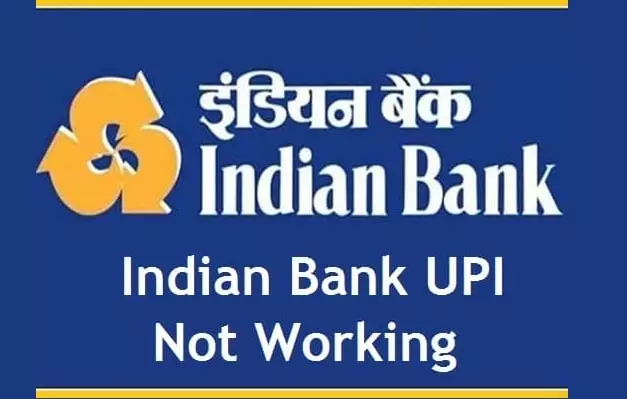Using bank credit cards can make your life more convenient by allowing you to make purchases now and pay later, but this convenience comes at a cost. Banks offer various schemes and offer to lure customers, especially salaried professionals, and using your credit card responsibly can benefit you by building a healthy credit score.
However, a single mistake can have severe consequences for your financial health. To avoid these mistakes, pay attention to your monthly statement and understand your credit card’s terms and conditions. Ignoring the monthly information sent by the bank can result in additional charges and interest being billed without your knowledge.
By keeping track of your spending and being aware of the fine print, you can monitor your expenses and avoid unnecessary charges.
Tips for using your credit card responsibly
Familiarize yourself with your credit card agreement
It’s essential to read the credit card customer agreement and account opening disclosures when opening an online credit card account. This will help you understand your account’s due dates, fees, interest rates, and other important information.
Always make payments on time
Making timely payments is crucial to maintaining a good credit score. Late or missed payments can damage your credit and lead to additional fees and interest rate increases. Set up automatic payments or electronic reminders to stay on top of your expenses.
Simplifying your monthly bill payments can help eliminate memory and financial errors. You can set up phone and calendar reminders for due dates or pick a day every month to pay all your bills at once. To make it even easier, you can set up automatic payments for at least the minimum amount due if you need to learn how to transfer money from a credit card and add extra costs during the month if necessary. The goal is to create a stress-free routine so payments can fit neatly into your monthly budget and you remember it.
If you miss a credit card bill payment, act quickly to protect your credit score. Pay the overdue amount as soon as possible, ideally before the next billing cycle closes. If you need help making timely payments, contact your bank for use. They may suggest alternative payment plans to make things more manageable.
Pay more than the minimum
While making the minimum monthly payment can keep your account in good standing, carrying a balance can lead to interest charges and make it harder to pay off your debt. Pay your credit card bill in full each month to avoid these charges.
Your credit card bill comprises your statement balance, which represents your credit activity for the previous billing cycle, and your current balance, which reflects all current charges. Paying only your statement balance monthly will prevent the costs from rolling over to the next process and accruing interest.
However, making only the minimum required payment can lead to costly interest charges, especially if you have a high balance. Even paying a small amount above the minimum can help decrease future debt and lower your credit utilization ratio, a significant factor in your credit score. Your credit utilization ratio compares your available credit with the amount you’re currently using, and it’s advisable to keep it under 30% overall.
Don’t drain all your credit limit
It’s crucial to understand how to transfer money from a credit card wisely by staying below your credit limit. This is because your credit utilization ratio, the amount of available credit you use, can impact your credit score. The lower your balance, the better your credit score may be. The Consumer Financial Protection Bureau recommends keeping your credit utilization below 30% of your credit limit.
Review your expenses
Additionally, it’s essential to carefully review your monthly credit card statements to ensure their accuracy. This can help you identify unauthorized charges, saving you from credit card fraud. If you notice unauthorized activity, report it to your credit card issuer immediately to stop any further fraudulent activity.
Monitor the dues
Monitoring your credit score regularly is essential as it helps you track your credit standing. This is an excellent practice to help you detect potential errors and fraudulent activities that may negatively affect your credit score. You can promptly correct any inaccuracies and maintain a good credit history by monitoring your credit report.
If you need cash, consider alternative options such as a personal loan or borrowing from a friend or family member. Or, if you must use bank credit cards, make sure you understand the fees and interest rates associated with it and pay it off as soon as possible to avoid accruing high amounts of interest.
Conclusion
A credit card can be a valuable tool for building, rebuilding, or maintaining your credit if you use it responsibly. By paying your bills on time, paying more than the minimum amount, utilizing only the credit you require, and monitoring your credit, you can guarantee that your credit card use is helping, rather than damaging, your credit score.















